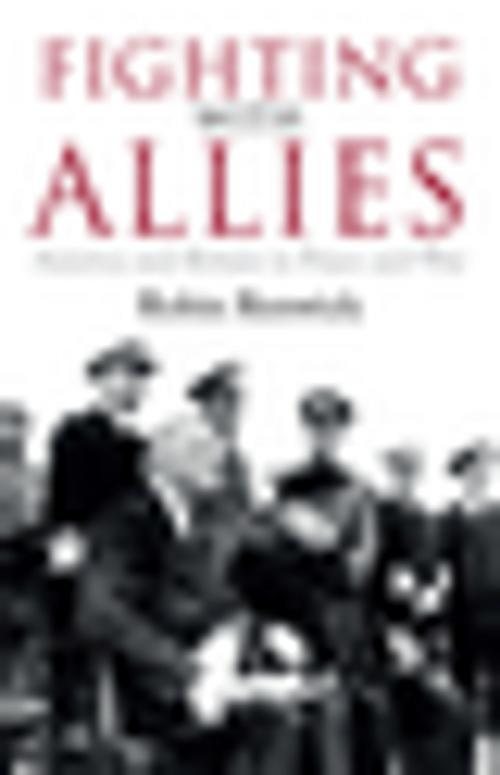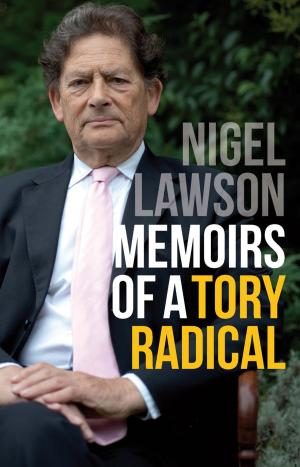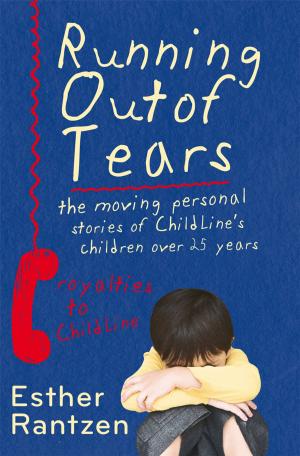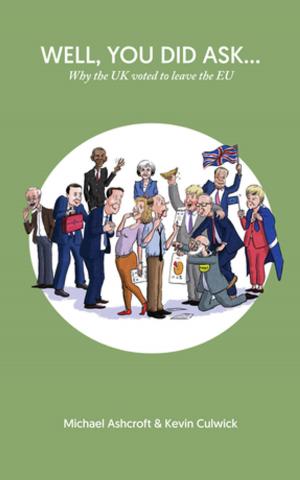Fighting With Allies
America and Britain in Peace and War
Nonfiction, Social & Cultural Studies, Political Science, International, International Relations, Politics, History & Theory| Author: | Robin Renwick | ISBN: | 9781785901102 |
| Publisher: | Biteback Publishing | Publication: | October 6, 2016 |
| Imprint: | Biteback Publishing | Language: | English |
| Author: | Robin Renwick |
| ISBN: | 9781785901102 |
| Publisher: | Biteback Publishing |
| Publication: | October 6, 2016 |
| Imprint: | Biteback Publishing |
| Language: | English |
It was Winston Churchill who, in his speech at Fulton, Missouri, advocated a 'special relationship between the British Commonwealth ... and the United States ... the continuance of intimate relationships between our military advisers, leading to the common study of potential dangers'.
Through the eyes of Churchill, Roosevelt and their successors, Robin Renwick traces the development of the Anglo-American relationship since the desperate summer of 1940, and the part it played in shaping the post-war world.
Detecting once again a whiff of the 1930s in the air, he concludes that, as one of the ties that binds Europe and North America, the relationship remains an important one, and not only to Britain and the United States.
There are many on both sides of the Atlantic who will think that the world would have been poorer without it. Its future will depend on learning the lessons of military overstretch in Iraq and Afghanistan and resolving the mismatch between Britain's desire to play a role in world affairs and the resources allocated to doing so.
It was Winston Churchill who, in his speech at Fulton, Missouri, advocated a 'special relationship between the British Commonwealth ... and the United States ... the continuance of intimate relationships between our military advisers, leading to the common study of potential dangers'.
Through the eyes of Churchill, Roosevelt and their successors, Robin Renwick traces the development of the Anglo-American relationship since the desperate summer of 1940, and the part it played in shaping the post-war world.
Detecting once again a whiff of the 1930s in the air, he concludes that, as one of the ties that binds Europe and North America, the relationship remains an important one, and not only to Britain and the United States.
There are many on both sides of the Atlantic who will think that the world would have been poorer without it. Its future will depend on learning the lessons of military overstretch in Iraq and Afghanistan and resolving the mismatch between Britain's desire to play a role in world affairs and the resources allocated to doing so.















